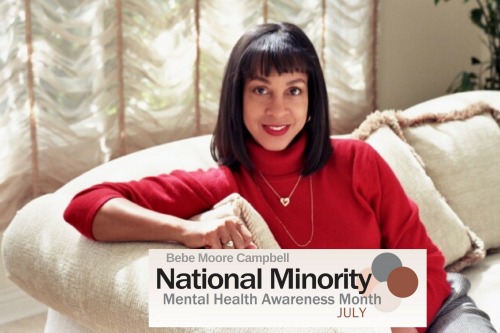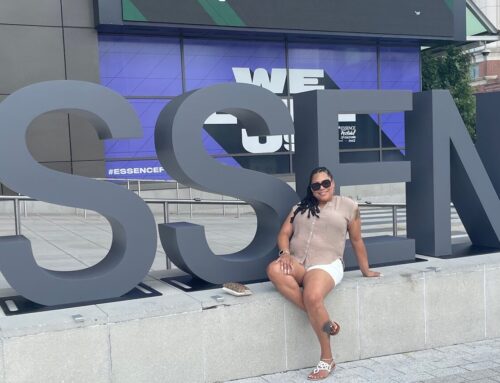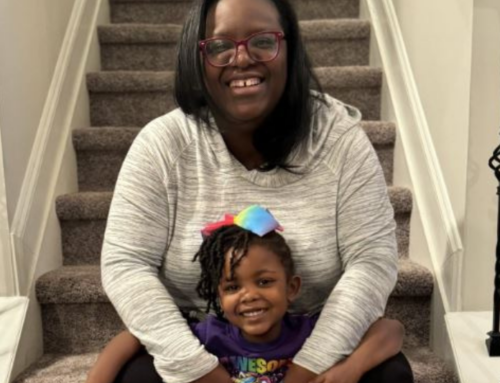In July, we celebrate National Minority Mental Health Awareness Month in honor of Bebe Moore Campbell who was an African-American author, journalist, teacher and longtime advocate for raising awareness of mental health, also noted for writing about individuals and families confronting social issues, including mental illness. It is a worthy celebration, and organizations that make special efforts to highlight mental health awareness in diverse communities with the aim to improve access to and seeking of mental health treatment and services are to be lauded.
At the same time, we at Change Matrix wonder if celebrating ‘minority’ mental health month should be reframed. Not the concept itself, but the name which is now a misnomer given the demographic shifts that have led the nation to become increasingly diverse. (Most recent Census Bureau projections suggest the country will become majority-minority by 2044.) For many individual states, the tipping point is slated to occur much sooner. California, Hawaii, New Mexico and Texas are the only states where people who identify as a race/ethnicity other than non-Hispanic whites already make up the majority of the population. The latest estimates suggest the next states in line to surpass this threshold are Nevada (48.5 %), Maryland (47.4 %) and Georgia (45.7 %).[1]
Our desire to communicate quickly and concisely warrants the use of terms that aggregate and disaggregate population groups. In order to differentiate between ‘whites’ and other races, the term ‘minority’ has been used. But who wants to be a minority, or for that matter a ‘person of color’, ‘white’, indigenous or an aboriginal person, a resident alien or any of the other terms we currently use to describe different population groups that co-exist within the USA?
Each one of us at CM are grappling with this conundrum – how to honor and respect people from different ethnicities and cultures. When we speak with different ethnic/cultural communities, we should ask them how they would like to be addressed and respect their wishes as we communicate and work with them. However, when we are working with multiple ethnicities and cultures, how do we address them or refer to them as a collective?
Do you have thoughts on what terminology might be appropriate to refer to this broad population? Should we push the field to move away from aggregate language? We invite you to share your thoughts on our Facebook page!
“As I grow older, part of my emotional survival plan must be to actively seek inspiration instead of passively waiting for it to find me.” – Bebe Moore Campbell
Contributed by: Suganya Sockalingam
[1] Governing The States and Localities https://www.governing.com/gov-data/census/state-minority-population-data-estimates.html last retrieved June 16 2019.




